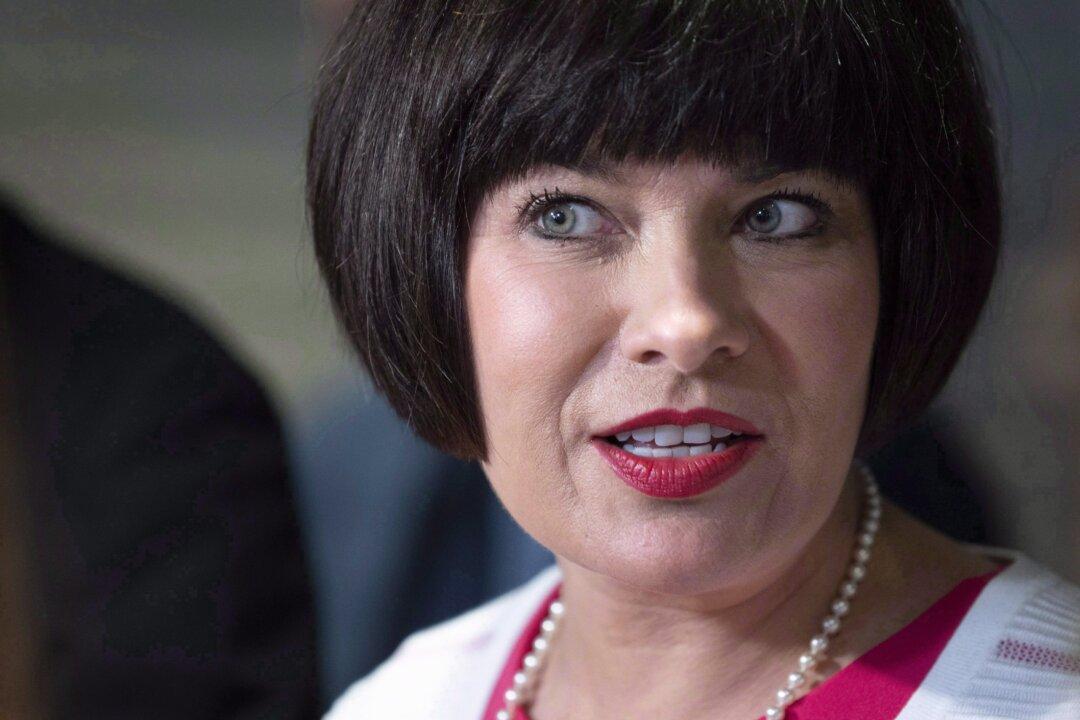Between $800 million and $3 billion in potential personal income taxes didn’t make it to the federal government’s pockets in 2014 due to money Canadians stashed in offshore tax havens, according to the Canada Revenue Agency.
In CRA’s first attempt to estimate how much Canada’s tax gap results from international tax havens, it reported that Canadians failed to declare between $75.9 billion and $240.5 billion of offshore wealth in 2013. That would have generated between $4.1 billion and $15.2 billion of unreported investment income in 2014.




